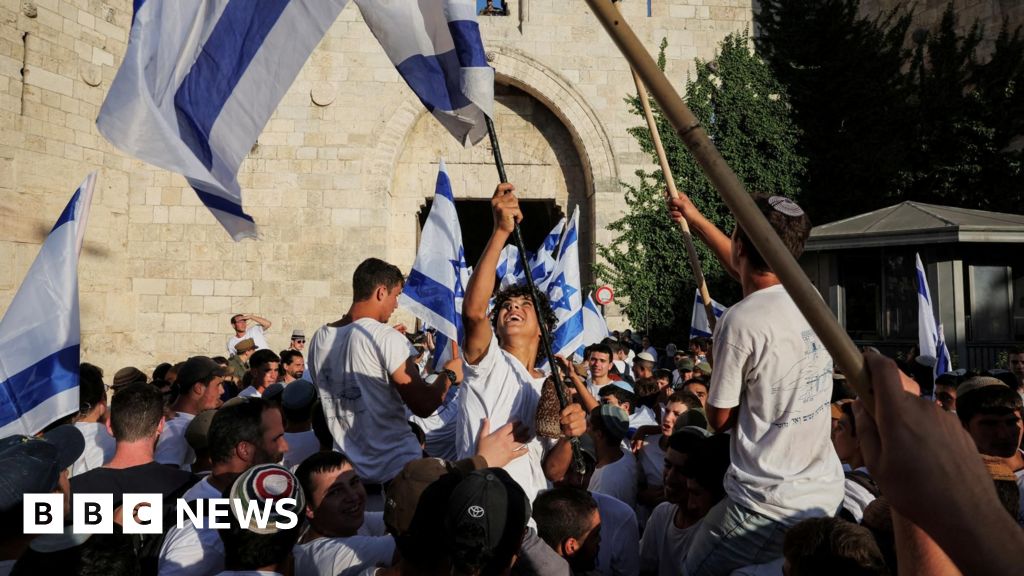New Delhi. Artificial light left on all night, such as street lights, can make leaves so hard that insects can’t eat them, putting urban food chains at risk. This has been revealed in a research.
“Artificial light at night reduces leaf weeds in specific urban areas,” the study was published earlier this month in the journal Frontiers in Plant Science. The analysis was conducted by Yu Cao, Shuang Zhang and Ke Ming Ma of the University of Chinese Academy of Sciences (Beijing).
How was the study conducted?
The researchers wanted to investigate how artificial light affects the relationship between plants and insects. To do this, they focused on two common types of street trees in Beijing: Japanese pagodas and green ash trees. Although these trees are similar in many ways, Japanese pagoda trees have small, soft leaves, which insects love to eat.
The researchers chose 30 sample locations on main streets that are usually illuminated by street lights throughout the night. They then measured light — the amount of light — at each location and collected about 5,500 leaves to assess the effect of light on characteristics such as size, hardness, water content and nutrient levels, and chemical defense compounds. can be done
If the leaves were large, it would mean that the plants allowed themselves to grow using their own resources (such as nutrients, water, and energy). If the leaves were tough and contained high levels of chemical defense compounds such as tannins, this indicated that resources were allocated to defense.
What was the result of the research?
The researchers observed that for both tree species, the higher the light level, the stiffer the leaves. The tougher the leaves, the less evidence that insects eat them. The researchers found no signs of leaf-chewing insects in areas with the most light at night.
Tags: science
First Publication: August 17, 2024, 9:23 PM IST
Artificial light












